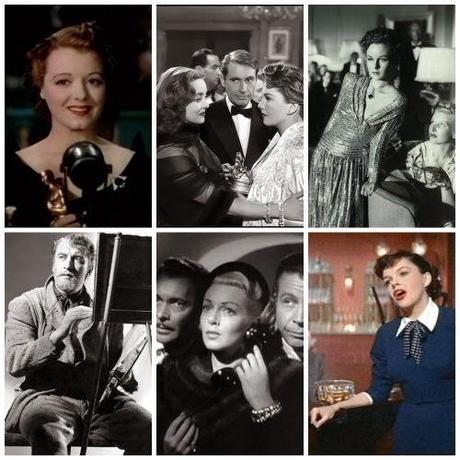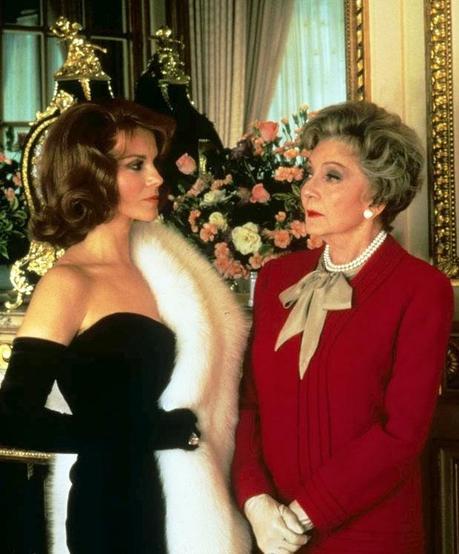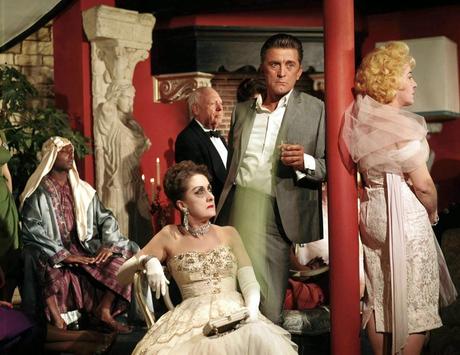 According to J.E. Luebering of the Encyclopædia Britannica, a roman à clef ("novel with a key") is a work of fiction that has "the extraliterary interest of portraying well-known real people more or less thinly disguised as fictional characters." This tradition apparently began in 17th-century France, "when fashionable members of the aristocratic literary coteries...enlivened their historical romances by including in them fictional representations of well-known figures in the court of Louis XIV." Modern novels, short stories, films and television dramas have dutifully, sometimes scandalously, continued this longstanding tradition:
According to J.E. Luebering of the Encyclopædia Britannica, a roman à clef ("novel with a key") is a work of fiction that has "the extraliterary interest of portraying well-known real people more or less thinly disguised as fictional characters." This tradition apparently began in 17th-century France, "when fashionable members of the aristocratic literary coteries...enlivened their historical romances by including in them fictional representations of well-known figures in the court of Louis XIV." Modern novels, short stories, films and television dramas have dutifully, sometimes scandalously, continued this longstanding tradition:- Somerset Maugham's 1919 novel, The Moon and Sixpence, the saga of an English stockbroker who abandons his family to become an artist and live out his years pursuing his passion in Tahiti, was loosely based on the life of French Post-Impressionist artist Paul Gauguin. The novel was adapted to the screen in 1942 (starring George Sanders), served as the basis for an opera of the same name in 1957 and made its way to television in 1959 with Laurence Olivier in the starring role.
- F. Scott Fitzgerald, who toiled as a Hollywood screenwriter during the last years of his life, based his final, unfinished (in his lifetime) novel, The Love of the Last Tycoon (aka/The Last Tycoon) on Irving Thalberg's rise to power and his struggles with Louis B. Mayer at MGM. Elia Kazan's 1976 film, The Last Tycoon, was adapted for the screen by Harold Pinter and starred Robert De Niro and Robert Mitchum.

Ann-Margret and Claudette Colbert
- In 1976, Truman Capote's blistering short story, "La Côte Basque 1965," appeared in Esquire magazine with devastating fallout for the diminutive writer/café society doyenne. Those whose lives he'd barely veiled were the cream of New York society, and he was instantly and permanently ostracized from their circle. A few years later, in 1985, Dominick Dunne wrote a best-selling novel, The Two Mrs. Grenvilles, using the Capote debacle as a jumping off point for his own very fictionalized account of one of the most sensational stories alluded to in "La Côte Basque." Dunne's book was adapted to the small screen in 1987 and starred Ann-Margret and Claudette Colbert (in her final onscreen performance, for which she won a Golden Globe).
- 1996 brought Primary Colors, a tell-all political fiction by Joe Klein that was brought to the screen the following year by Mike Nichols and featured John Travolta doing a recognizable impression of Bill Clinton as he portrayed "Jack Stanton."

Two Weeks in Another Town (1962)

